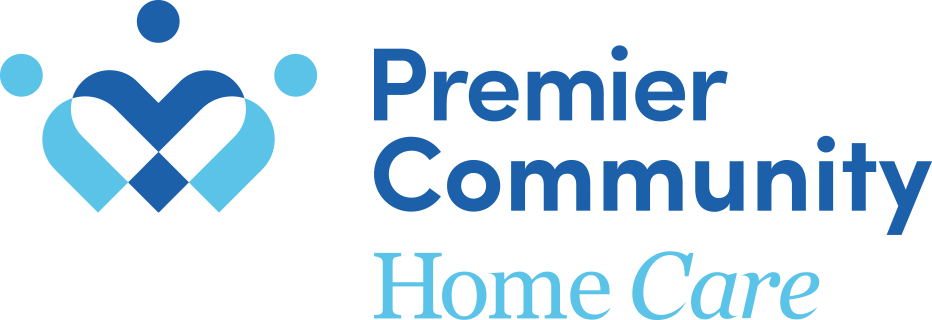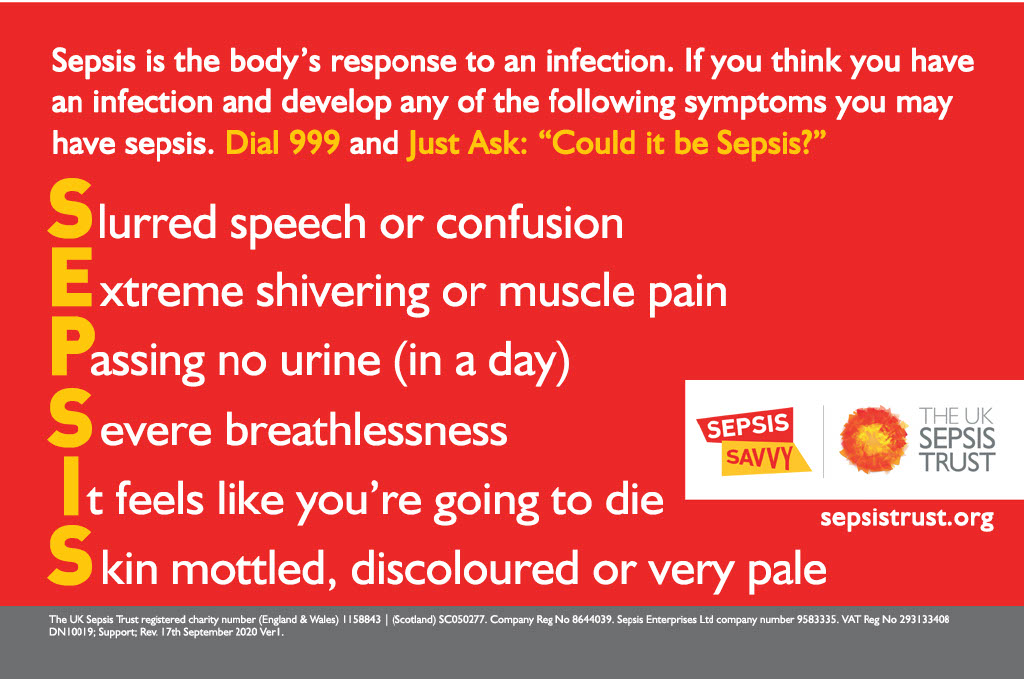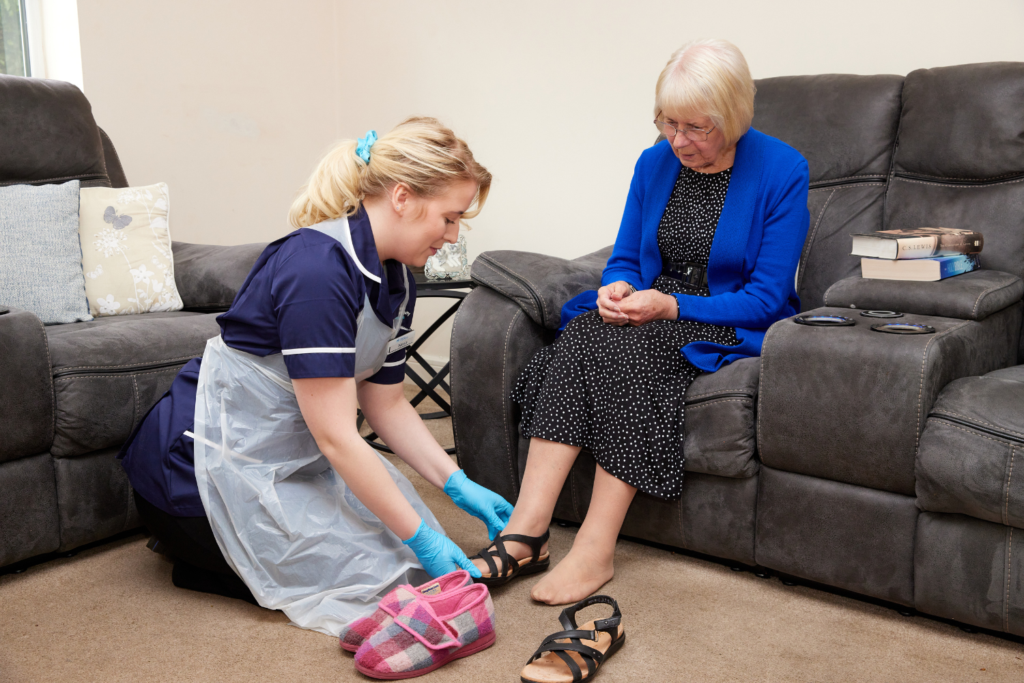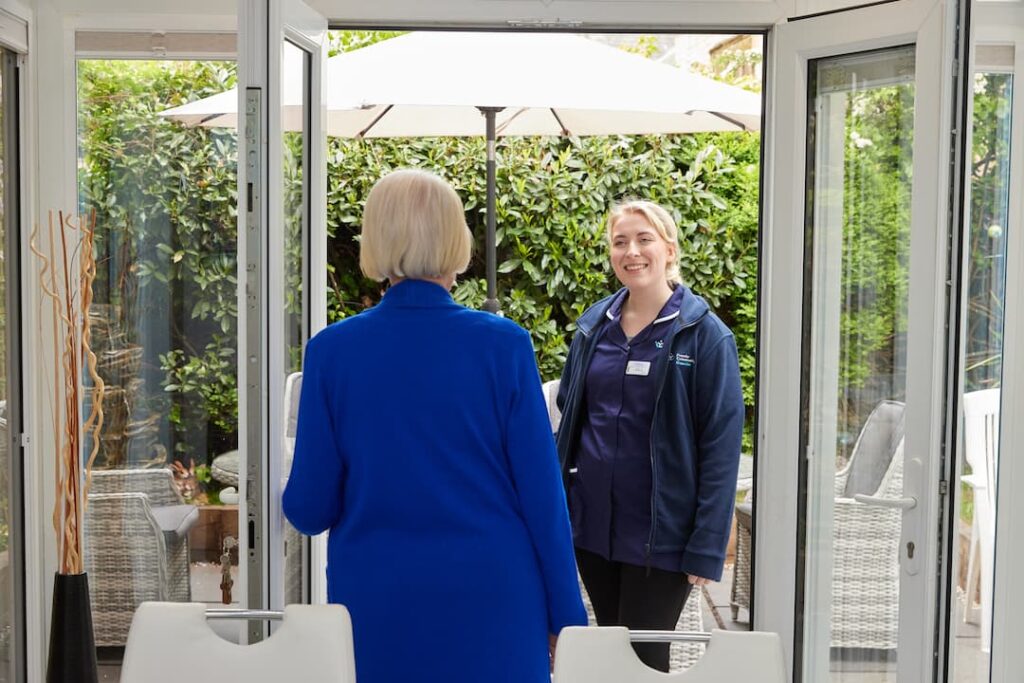At Premier Community, caring for families is at the heart of everything we do. This September, during Sepsis Awareness Month, we want to raise awareness of Sepsis, a silent but serious condition that can affect anyone.
During sepsis awareness month, it’s crucial to understand that sepsis can affect anyone, and being informed is the first step in prevention.
We know that for families caring for loved ones at home, information and early action can make all the difference. That’s why we’re here — to help you understand the signs, know what to do, and feel confident that you’re not alone.
What Is Sepsis and Why Families Should Be Aware
Sepsis happens when the body’s response to an infection spirals out of control, damaging organs and putting lives at risk. It can start from something as simple as a chest infection, a UTI, or even a cut.
According to The UK Sepsis Trust, sepsis affects around 245,000 people every year in the UK, and heartbreakingly, around 48,000 people lose their lives. The good news? With quick recognition and treatment, many of these lives can be saved.
Sepsis awareness can lead to quicker responses, ultimately saving lives in critical situations.
Why Home Care Matters
Many cases of sepsis begin at home, not in hospitals. This is why carers, family members, and loved ones play such an important role.
By increasing sepsis awareness, we can empower families to act swiftly when they notice troubling symptoms.
As home care professionals, we’ve seen firsthand how early detection saves lives. Small changes, such as a sudden fever, confusion, or unusual behaviour, can be early warning signs that something is wrong.
A Carer’s Story: Living Through Sepsis
To show just how vital sepsis awareness is, one of our own carers, Amanda, has bravely shared her personal experience:
“My story started over a month ago. On Monday, 4th August, I became unwell during the night. A GP over the phone diagnosed me with a chest infection and UTI. I didn’t feel right; it didn’t feel like a normal infection, but I went along with it and took two courses of antibiotics. I spent a week in bed, then returned to work, still tired and weak, but I thought nothing of it.
On Tuesday, August 12th, I came home from work with hot sweats and then chills. My husband thought I’d gone back to work too soon. Later, at A&E, my tests looked normal at first, and I was told it might still be a UTI.
Eventually, after more tests and scans, I was sent home. My GP later confirmed I had actually been suffering with sepsis — something I never realised. He told me the three rounds of antibiotics and pain relief I’d been given had helped me pull through, but it could have been so much worse. Sepsis isn’t always easy to diagnose, and sadly, many people don’t survive it.
I feel very lucky. With my family watching over me and supporting me through my illness, I was able to recover and return to work. It’s made me so much more aware of how serious sepsis is and why it’s vital that we all recognise the signs quickly.”
Amanda’s story is a powerful reminder that sepsis can affect anyone, even those of us working in care every day. It also shows how easily it can be missed, and how vital it is to trust your instincts when something doesn’t feel right.
Know the Signs: Remember S.E.P.S.I.S.
Use this simple acronym to help you and your family recognise symptoms:
S – Slurred Speech or confusion
E – Extreme shivering or muscle pain
P – Passing no urine (in a day)
S – Severe breathlessness
I – It feels like you’re going to die
S – Skin is mottled or discoloured
If you notice any of these signs, don’t wait, call 999 immediately. With sepsis, every second matters.
Together, We Can Make a Difference
Sepsis can be scary, but awareness is powerful. By knowing the signs, acting quickly, and leaning on expert support, lives can be saved.
Collectively, we can improve sepsis awareness and ensure better outcomes for those at risk.
At Premier Community, we’re not just your care provider — we’re your partner. This Sepsis Awareness Month, let’s work together to protect the people who mean the most.
If you’d like to learn more about how our expert carers can support your loved one at home, please contact our team. We’re always here to help.
Join us in promoting sepsis awareness and helping families understand the importance of recognising symptoms.




